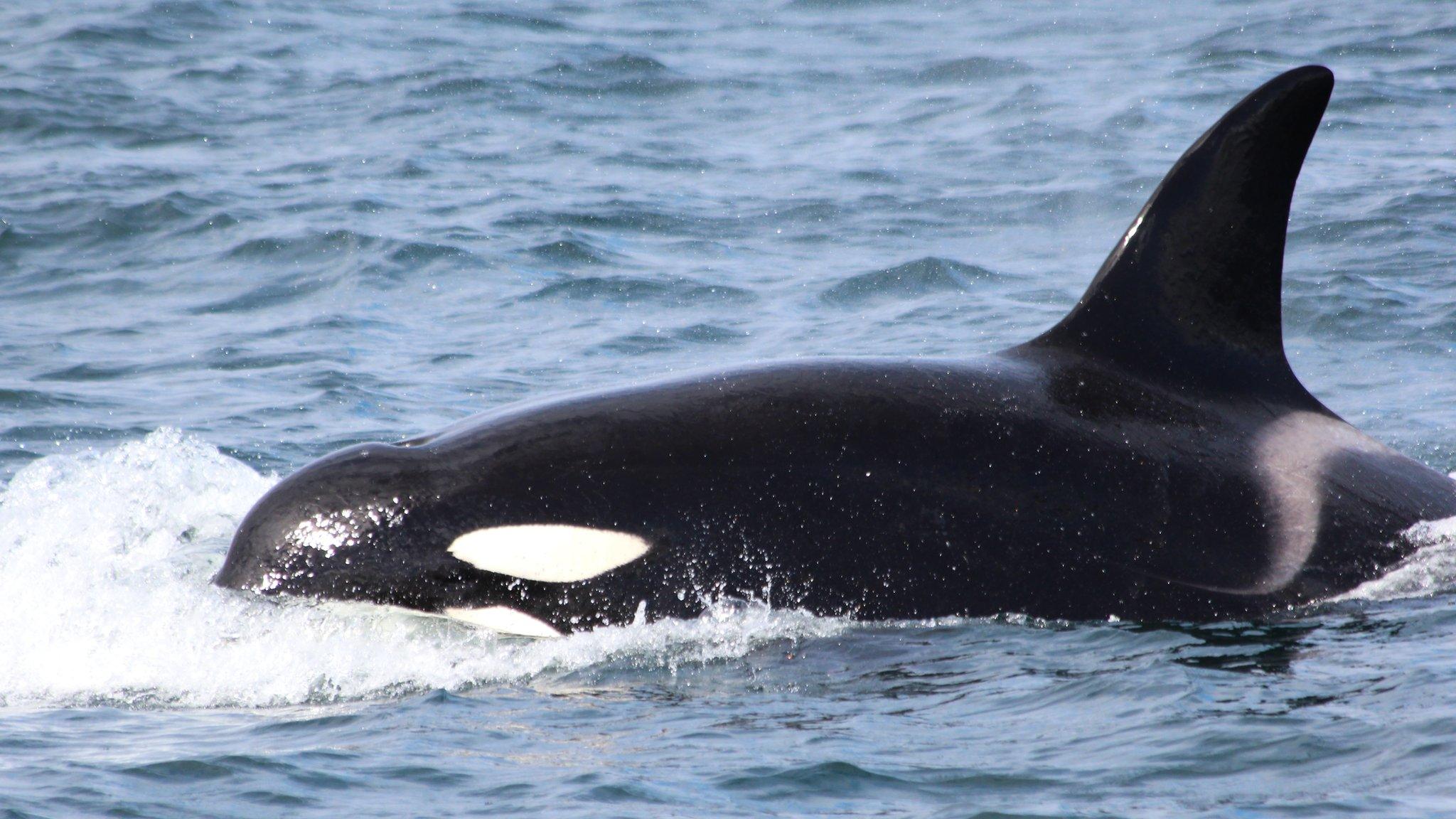Seal pups 'at risk from toxic chemicals in contaminated water'
- Published
Seal pups across the UK are" at risk from toxic chemicals"
Seal pups across the UK are at risk from toxic chemicals present in their mothers' milk, according to research.
Contaminants in the environment have been found to interfere with the seal pups' ability to gain vital fat.
Marine pollutants locked in the ecosystem accumulate in mother seals from eating fish, and are passed on to pups when the mother feeds them.
The study looked at grey seal pups in their first weeks of life on the Isle of May in the Firth of Forth.
There are about 2,000 grey seal pups born on the island every year.
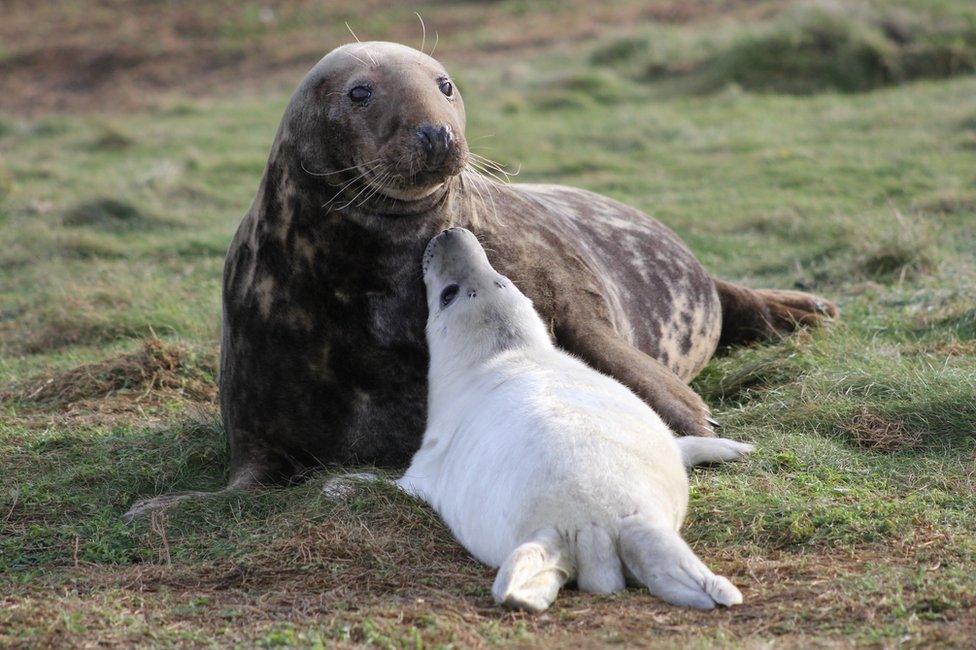
The biggest threat the chemicals pose is to marine mammals that feed at the top of the food chain.
Researchers believe a consequence is that the contaminants which have been passed on to the seal pup can hamper its ability to put on fat - which is vital to its survival.
Researchers said that chemicals - known as PCBs (Polychlorinated Biphenyls) and DDT (Dichlorodiphenyltrichloroethane) - are locked in the ecosystem.
These chemical compounds were once manufactured in vast quantities, and used in everything from pesticides, plastics and paints to electrical equipment and sealants.
They are highly toxic and, although banned decades ago, have amassed in the environment and made their way into the sea - through incineration, effluent and landfill.
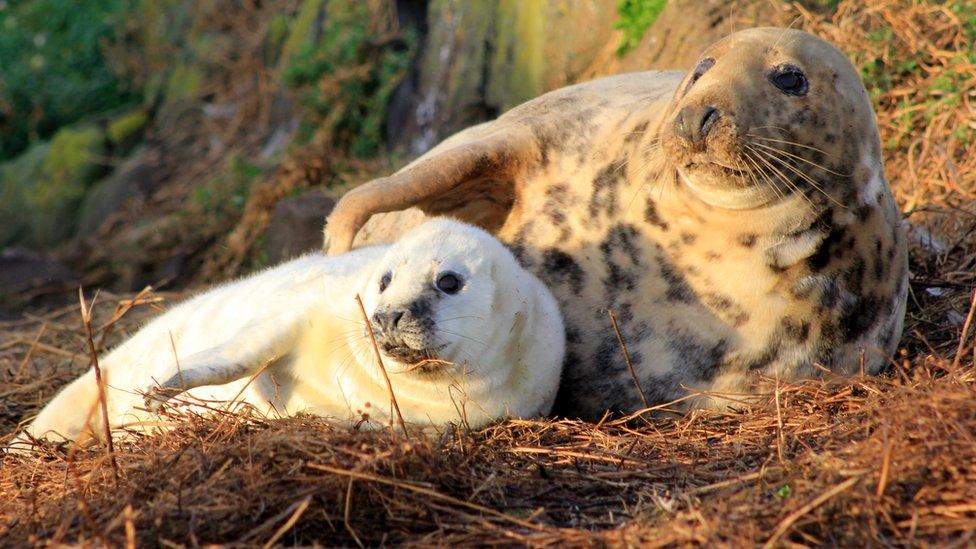
Since the 1970s, it has been recognised that these chemicals - from man-made contaminants - have been harmful to wildlife, even at low exposure levels.
While the ban has played a part in reducing the levels of these substances, research now indicates that it may not have gone far enough to protect wildlife.
Lead scientist Dr Kimberley Bennett, of Abertay University, which led the research, is concerned the effects of the pollutants could drive the seal populations towards extinction.
She said: "We've known for a long time that high levels of these chemicals are very dangerous and can hamper reproduction and immunity in marine mammals.
"They may even drive some populations towards extinction.
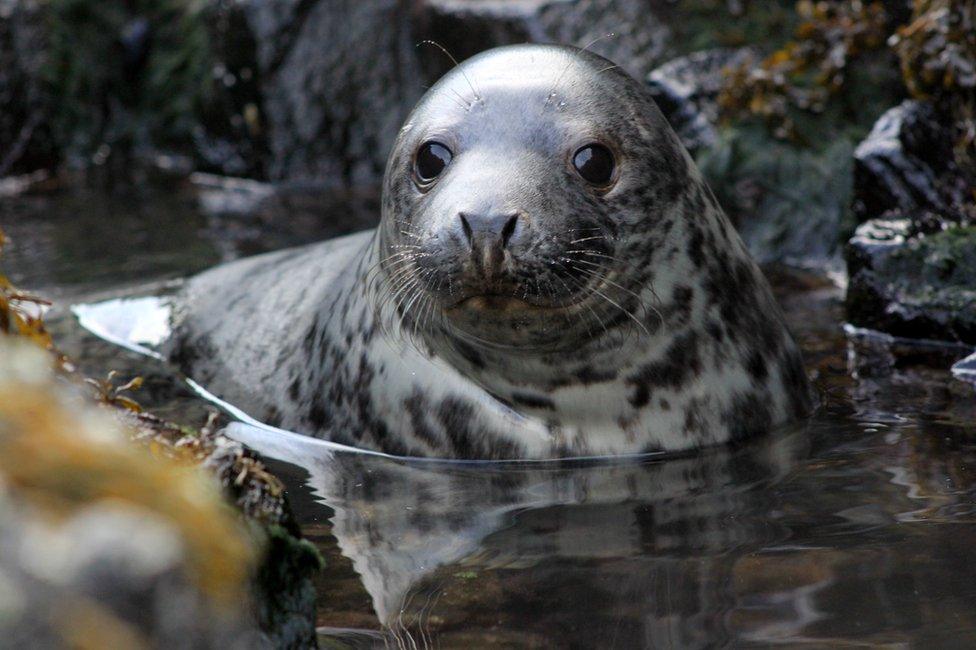
"Efforts to reduce levels in the environment have been successful.
"But our new research shows that blubber, which is a vital for seals and whales, could be vulnerable to harmful effects of PCBs and DDT at levels much lower than previously thought."
She added: "Grey seal populations in the UK are doing really well for themselves so there's no immediate concerns that the population is going to suddenly decline."
Dr Kelly Robinson and Prof Ailsa Hall, of the University of St Andrews Sea Mammal Research Unit, who partnered with Abertay and researchers in Belgium, added: "We have already shown that these chemicals can reduce the likelihood that a seal pup will survive to its first birthday.
"We've now discovered why this is the case and how these toxins add to the seals' burden of potential health effects."

The curse of polychlorinated biphenyls, or PCBs
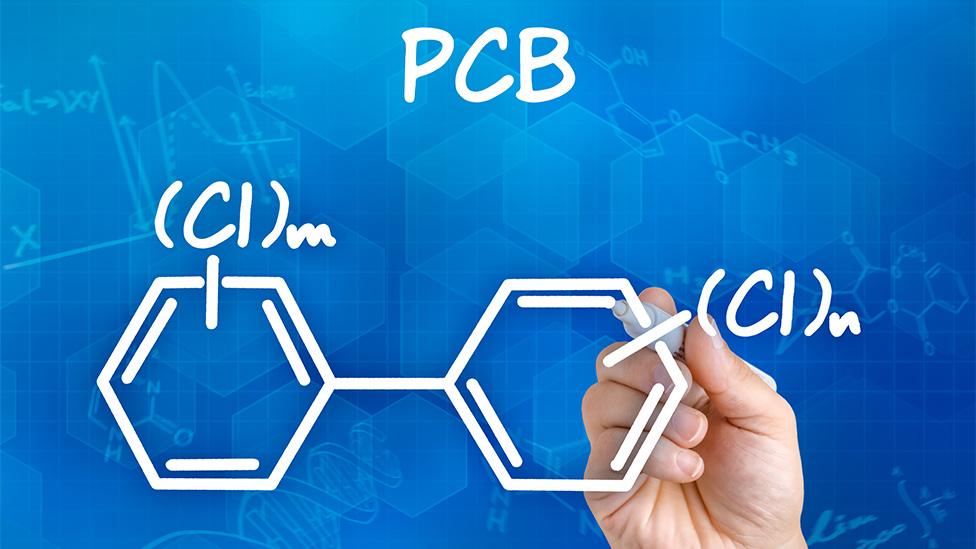
Polychlorinated biphenyls were manufactured from the 1920s
They were banned in the US in 1979, the UK and rest of the EU in 1981
Europe produced about 300,000 tonnes from 1954 to 1984
The majority has yet to be destroyed or safely stored away
Today, only North Korea still manufactures polychlorinated biphenyls

Earlier this year, BBC News reported on the the pollution threatening future of killer whales
One of the UK's last killer whales, Lulu, was contaminated with "shocking" levels of PCBs.
She was found dead on the Isle of Tiree in 2016, after becoming entangled in fishing lines. Tests revealed her body contained among the highest levels of PCBs ever recorded.
Researchers fear other animals in Lulu's pod also have similarly high levels of contamination. The group, which is found off the west coast of Scotland, is thought to consist of just eight animals.
- Published27 September 2018
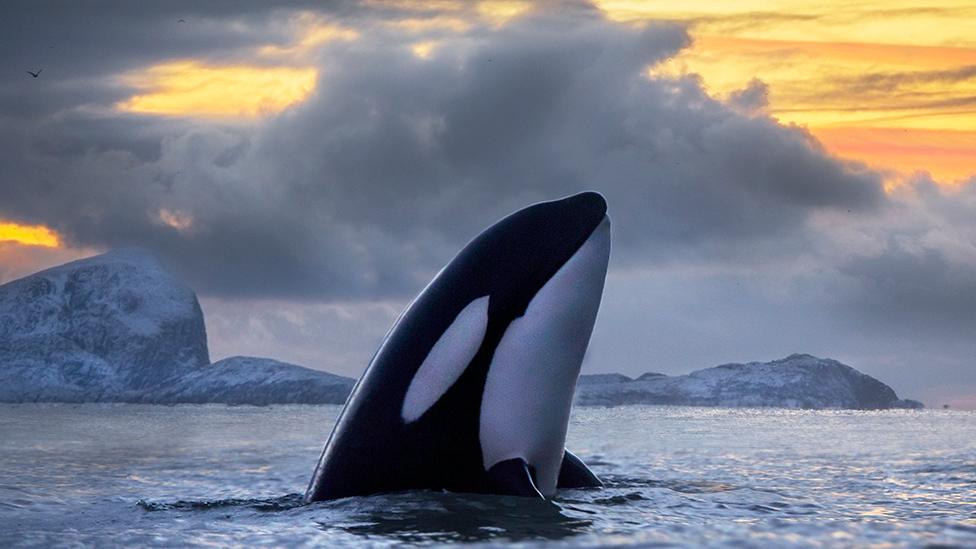
- Published13 February 2017
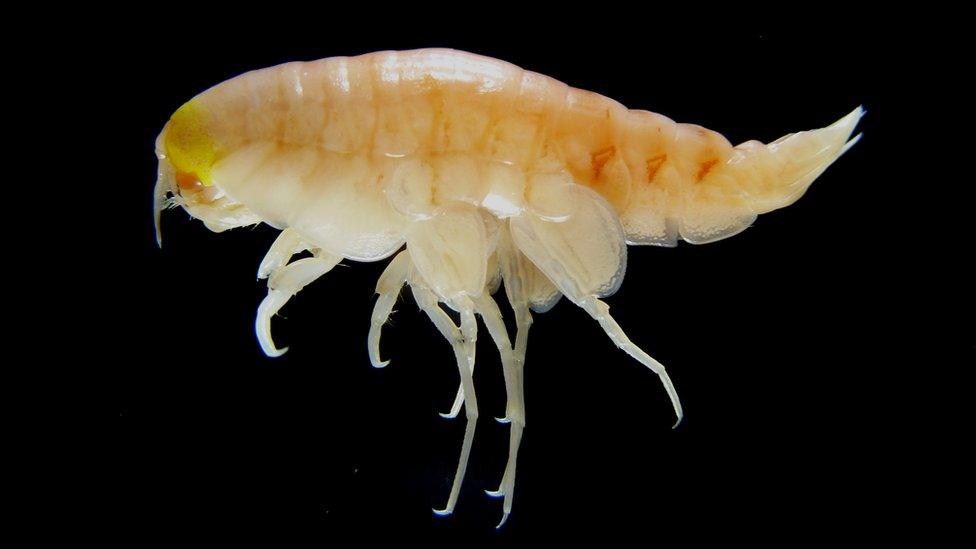
- Published14 January 2016
